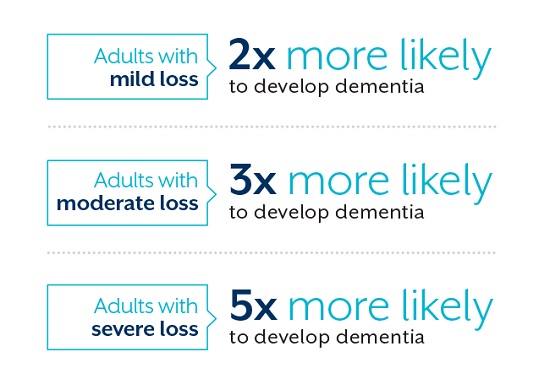It is not surprising that a hearing aid company like Beltone would praise the value of improved hearing to reduce the likelihood of a person’s contracting Alzheimer’s disease and dementia. Beltone referred to a number of studies, which may have included the one by Johns Hopkins University School of Medicine and the National Institute on Aging.
Category Archives: Hearing
Music Training May Increase Longevity … and Hearing
It may be that “Music hath charms to soothe the savage beast”, but it also may reward musicians with longer lives and better hearing, depending on when and how long those musicians were engaged in music training. Northwestern University’s Auditory Neuroscience Laboratory has studied how music affects the human brain for some years, and released their latest study in late 2011.
These results have not apparently led to a big increase in sales of instruments nor music lessons during the last five years, but should have been motivating, or at least interesting to those who contemplate their own mortality. But there are some caveats. Apparently it is best if one has learned music in childhood and continued to play an instrument for at least 10 years, even if there has been a gap of several decades between then and when s/he starts to play again. Another caveat is that the modest number of research studies, none with sample sizes exceeding 100, may not be statistically significant.
On the positive side, however, a musician’s being able to pick out other musicians’ notes helps him/her hear better because of being able to hear a conversation in a noisy environment. Better hearing means that one is less isolated from society, which helps one age more gracefully. And musical activity improves memory, again a defense against aging.
Most of the research focuses on instrumentalists, but an elusive Harvard/Yale study found that vocalists benefit similarly, apparently even more so if they sing with a group.
One simple aspect that seems to have been mostly ignored is the cardiovascular exercise that accompanies musical efforts. This has been most noted in the case of conductors, but some instrumentalists like drummers and all members of marching bands get considerable exercise.
In Praise of “A Long Bright Future”, by Dr. Laura Carstensen
Our highest praise for a book is to say, “I wish I had written a book that good.” This is such a book. You get a lot for your money, because it is so densely filled with both verifiable scientific facts and advice to increase the quantity and quality of one’s own life. An optimistic tone pervades the whole book, though Dr. Carstensen—Founding Director of the Stanford Center on Longevity—spends a whole chapter on “What Might Go Wrong?” She includes an extensive bibliography (called Notes) with numerous ideas—both from her and from others—skillfully woven into the basic fabric. Here are a few. Having more education is the most important factor in ensuring longer lives, and it likely delays the onset of dementia. Bilingual people may have a lower incidence of dementia. Financial problems (which can lower quality of life) in later life can result from the mistaken belief that one needs less money as one ages. Among the most significant health problems as one ages are arthritis, hearing, and obesity, with future obesity levels’ threatening to undo most of the recent advances in health.
Of greatest interest to our TechnologyBloopers persona is our observation that in the few short years between the book’s first copyright in 2009 and today (2016), many technologies have emerged or changed dramatically. Unfortunately, some of them may have progressed so far that older people can be disenfranchised if they don’t know about them, if they don’t know how to use them (even if they ARE user-friendly), or if they don’t have children or grandchildren to show them how. Of course, some of the new Apps (“Applications”, i.e., software programs that run on mobile devices to accomplish certain functions) are far more used by teens than retirees, and may not have value to older people except for the most extreme of passive watchers or gossipers. But developments such as self-driving cars, which are only vaguely hinted about in the book, will allow older folks to avoid being isolated, so will be hugely important in the very near future.



